New London Architecture Celebrates London’s Best Home Renovations
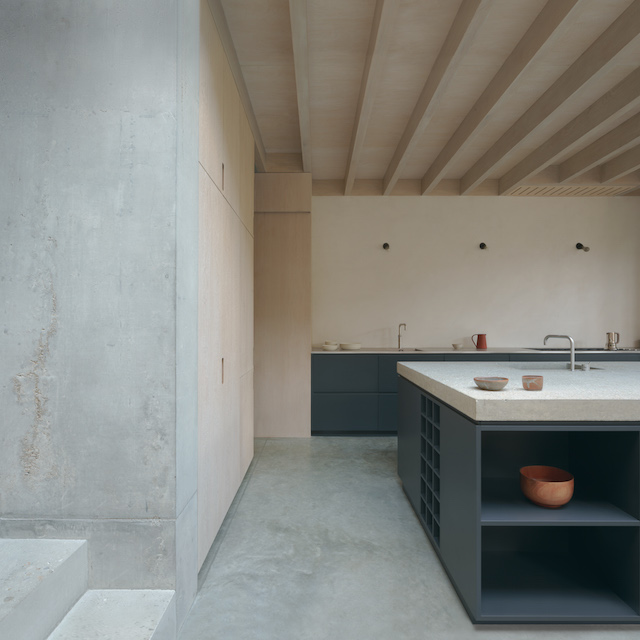

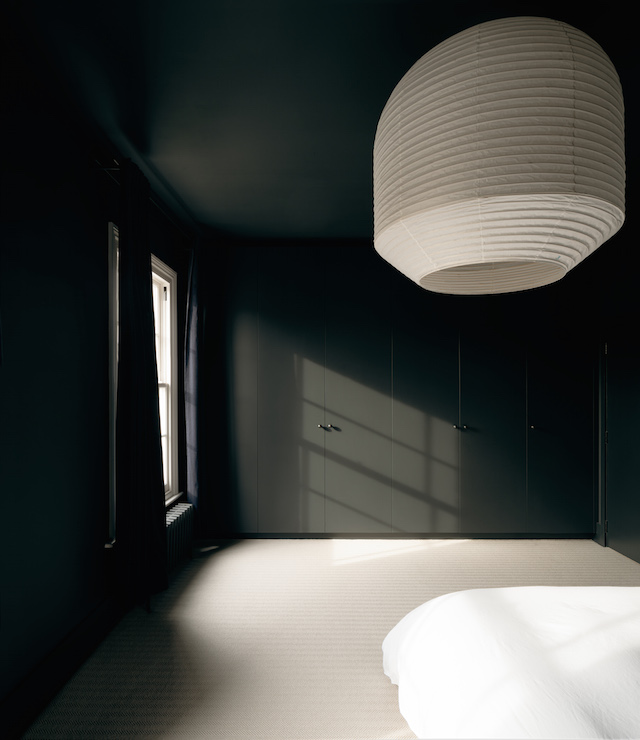

| As the name suggests, Concrete Plinth House in Hackney by DGN Studio features a series of concrete plinths, embedded into the ground of a Victorian end of terrace house. These plinths stage the solitary and communal activities of a young family and support the oak frame and steel structure, which make up the fabric and lining of the new space. While the sunken concrete base grounds the house with an atmosphere of permanence, the glazed and panelled oak frame filters light into the house, in order to create a serene space. |

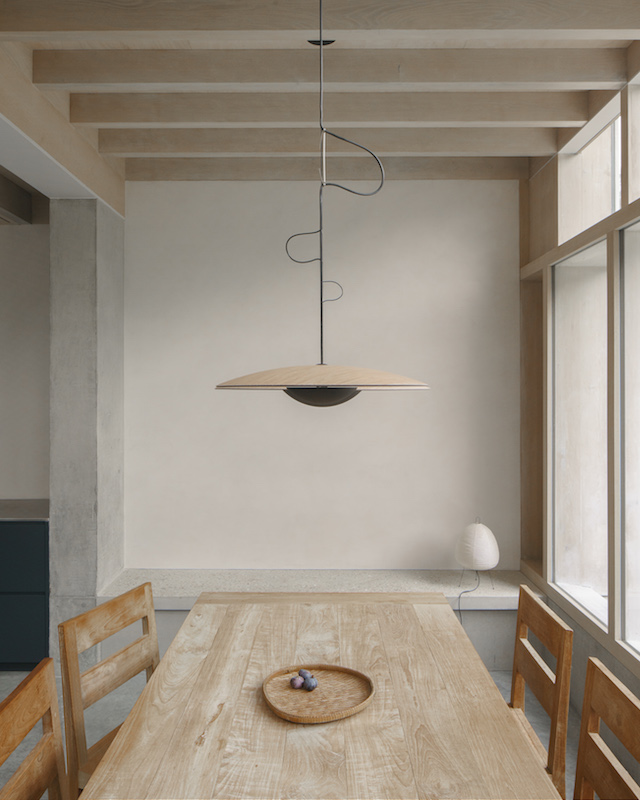
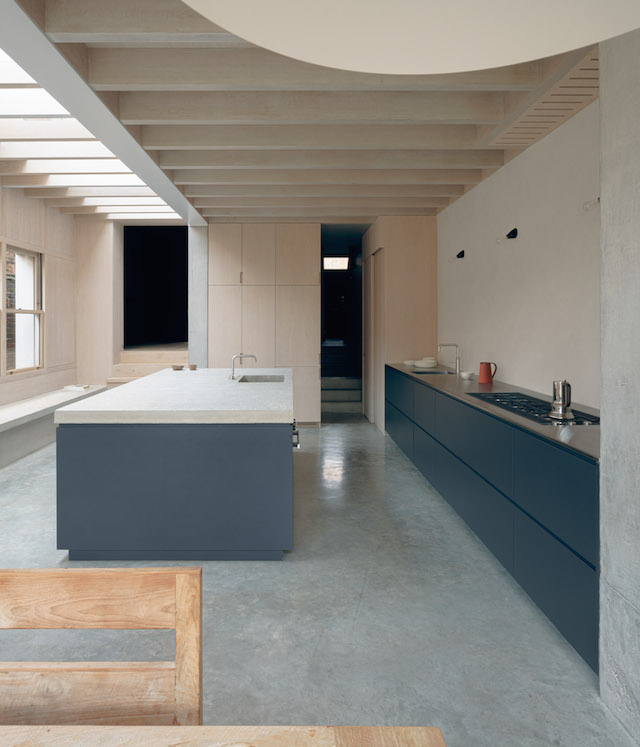
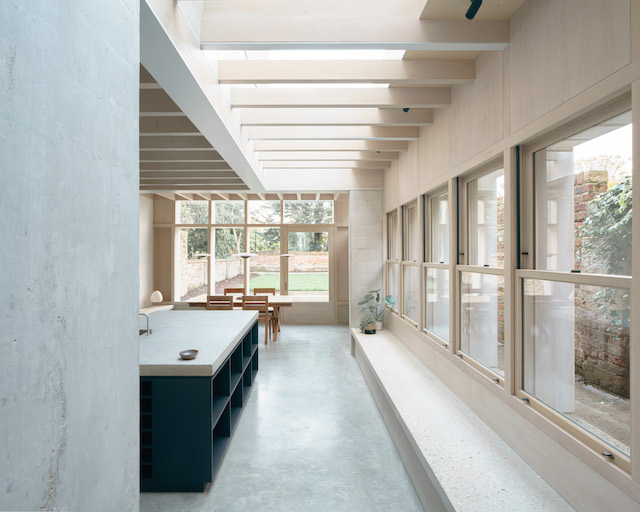
|
Also in Southwark, Curve Appeal by nimtim architects completely reinvents an existing 1920s semi-detached house through the addition of a single joinery element that brings functionality, warmth, and tactility to a reimagined family space. The joinery showcases the clients’ collection of objects through fragments of arched alcoves, a motif throughout the new design. As well as storing books, cupboards for crockery and a crafting area, the joinery partitions conceal structural elements, large sliding doors and include glazed openings that allow playful glimpses to and from adjacent spaces.
In North Kensington, Oliver Leech Architects remodelled Pink House, a Victorian terrace house that required a full overhaul. The clients wanted to celebrate natural materials, travel memories, and create a home perfect for entertaining. The design team stripped the house back to its bare bones, digging a new basement under the existing structure to provide a new kitchenette, guest bedroom and cinema room. The use of simple materials, such as exposed Douglas fir timber beams and steelwork, polished concrete, and unfinished plaster, create a raw and warm environment, which will age gracefully over time.
|
| Pink House by Oliver Leech Architects / Photography © Ståle Eriksen
Shoji Apartment in Camden by Proctor and Shaw is a fine study in materiality, transparency, and enclosure. This house renovation project is conceived as a prototype for micro-living: poky and uncomfortable cellular rooms have been replaced by a generous multi-functional living space arranged around a translucent sleeping pod inspired by Japanese Shoji screens. By cleverly stacking accommodation in a single height volume, additional floor area is conjured to provide a real sense of luxury and design quality in under 30 square metres. 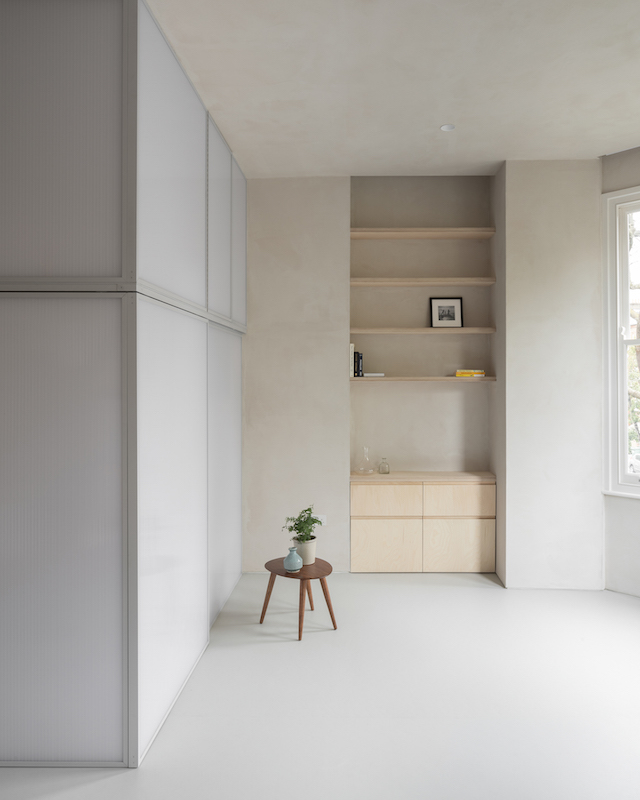 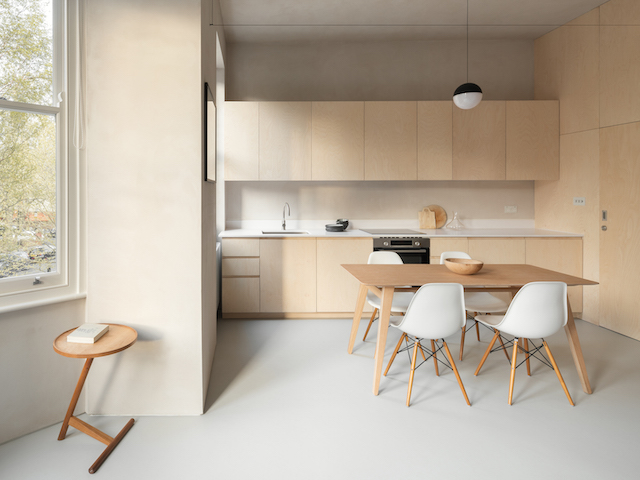 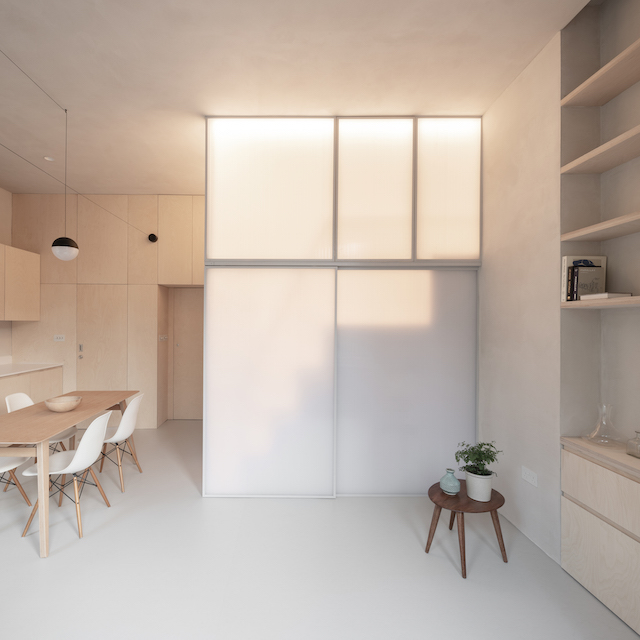
|






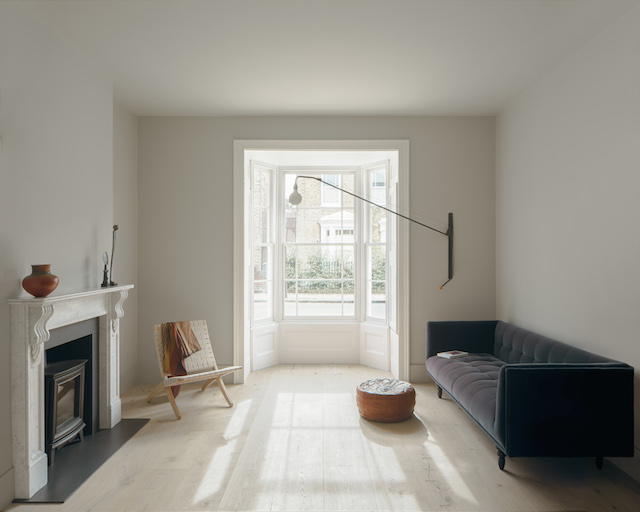
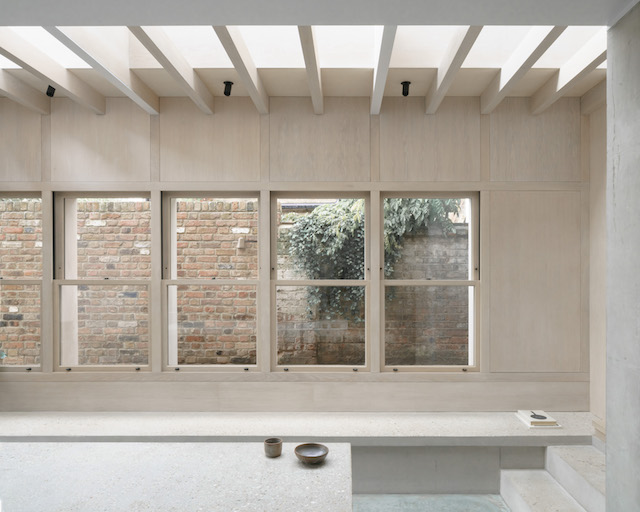
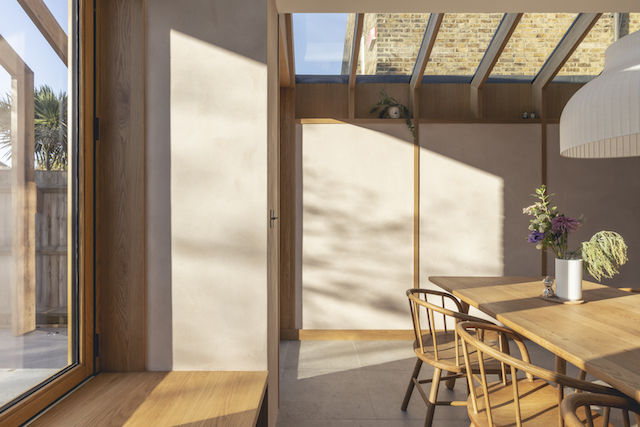

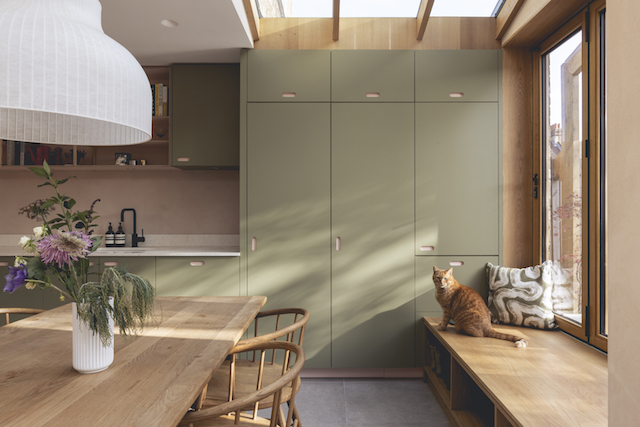

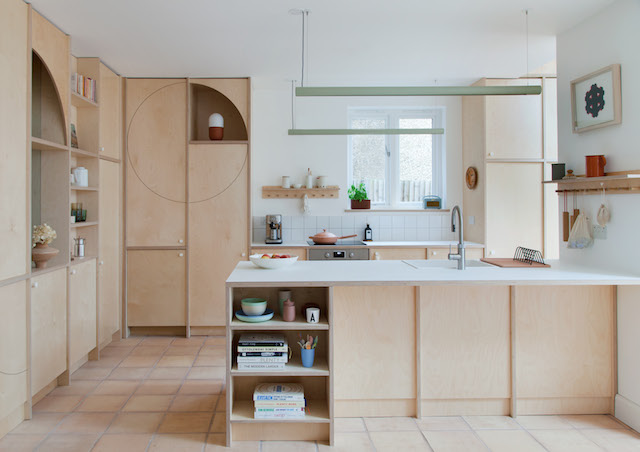
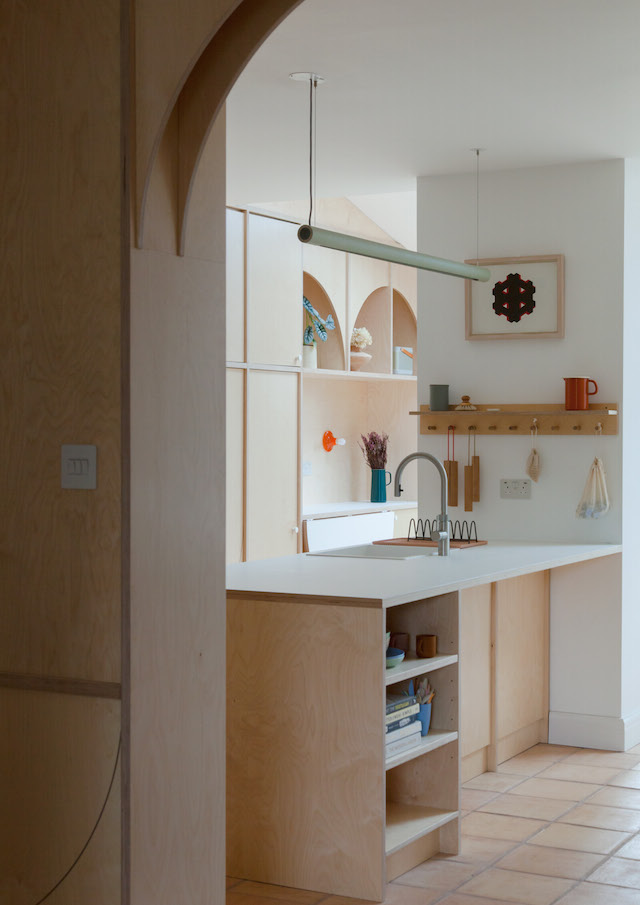

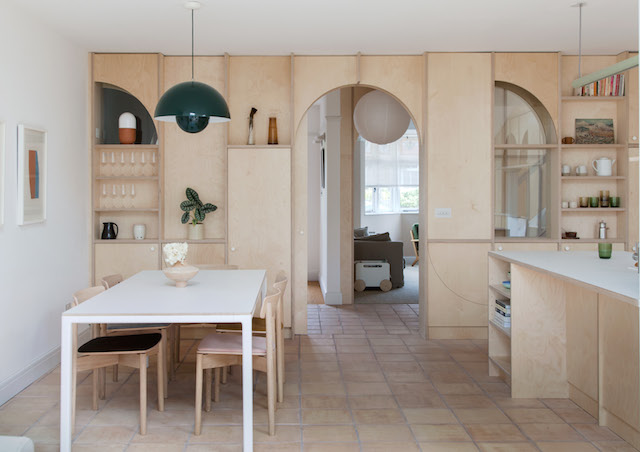
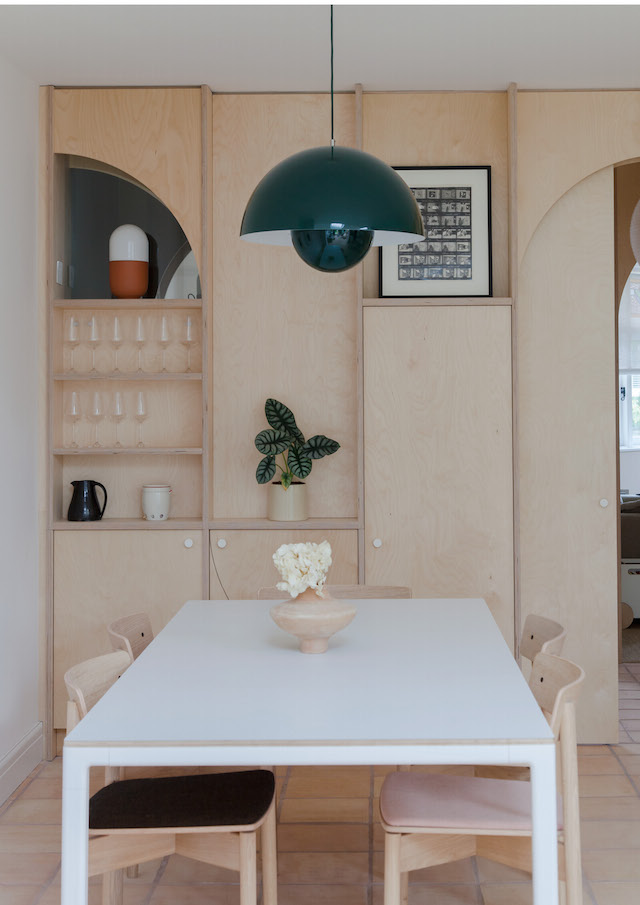
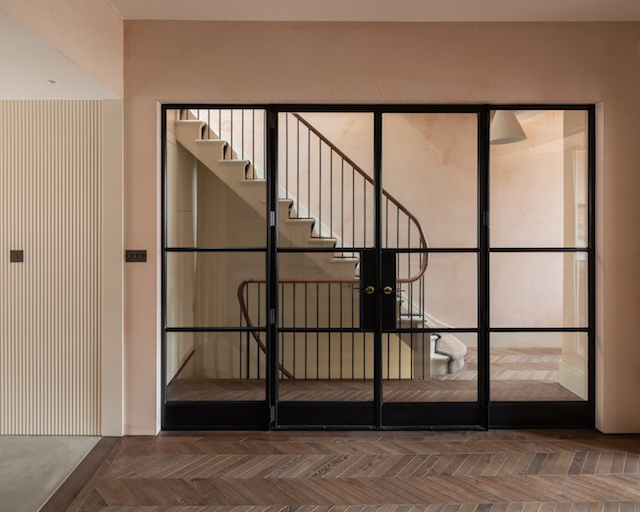
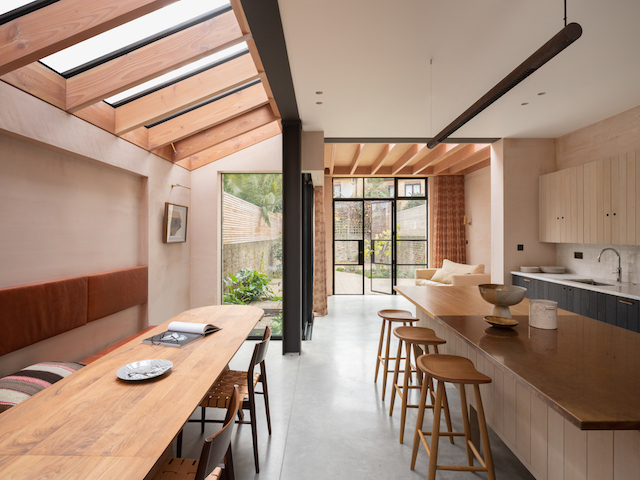

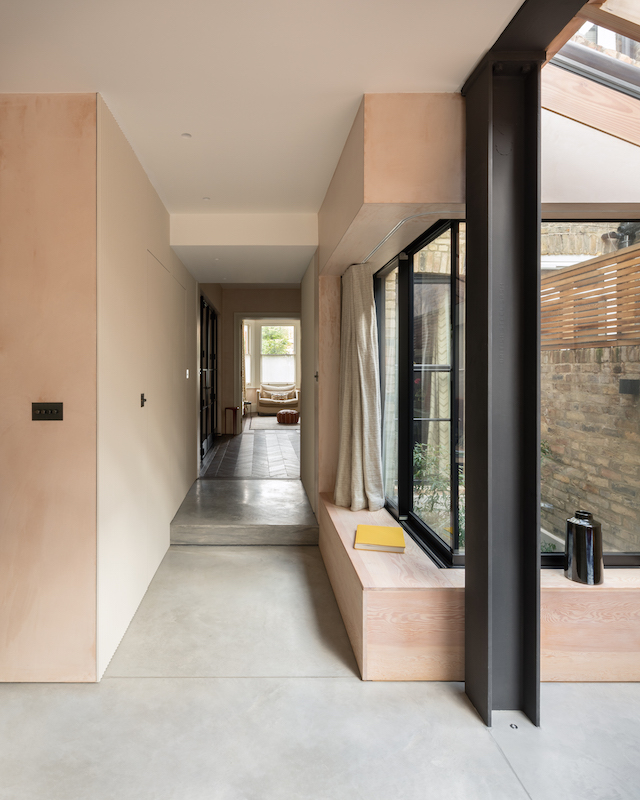
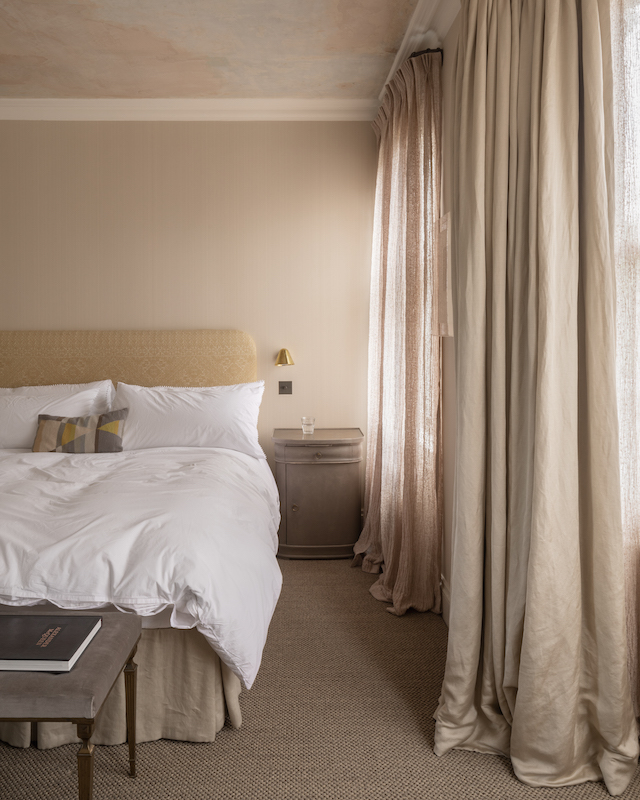
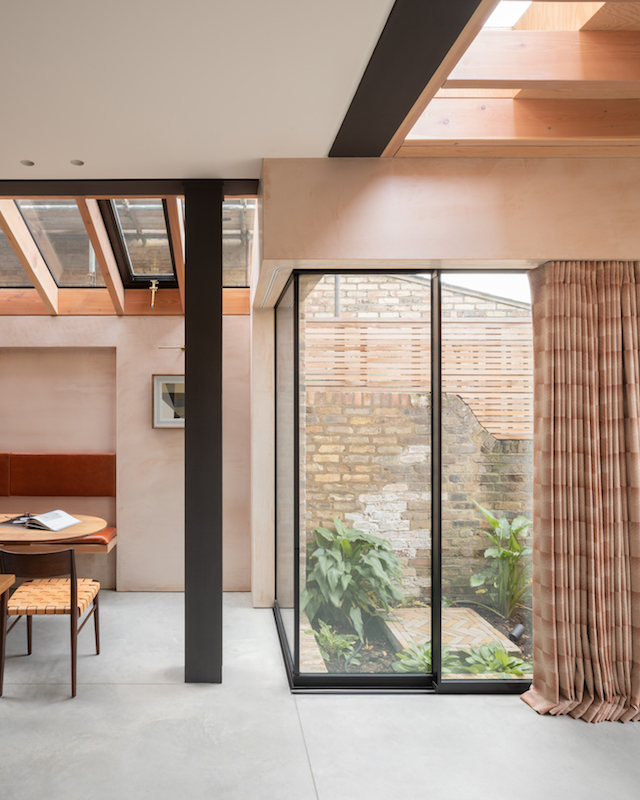
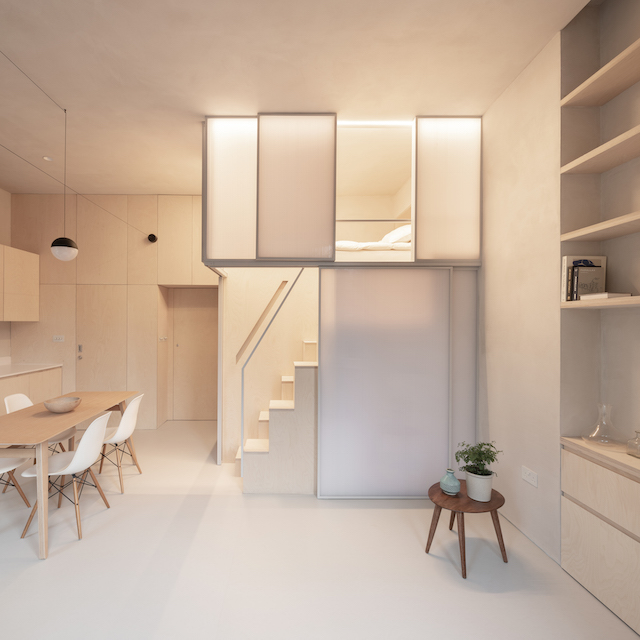
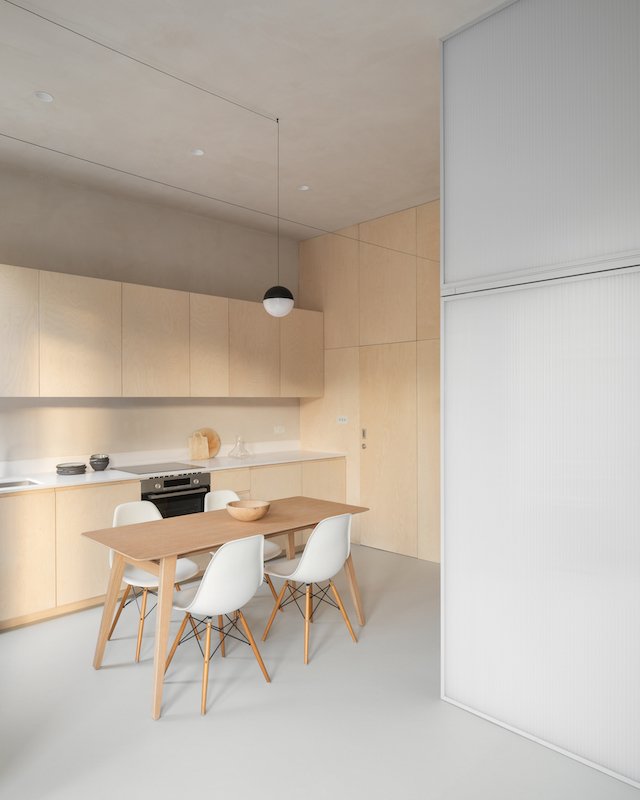
More Stories
Halogen Vs LED Under Cabinet Lighting
5 Practical And Aesthetically Pleasing Home Renovations And Add-Ons
A Mark of Distinction: Custom Closets and Cabinets